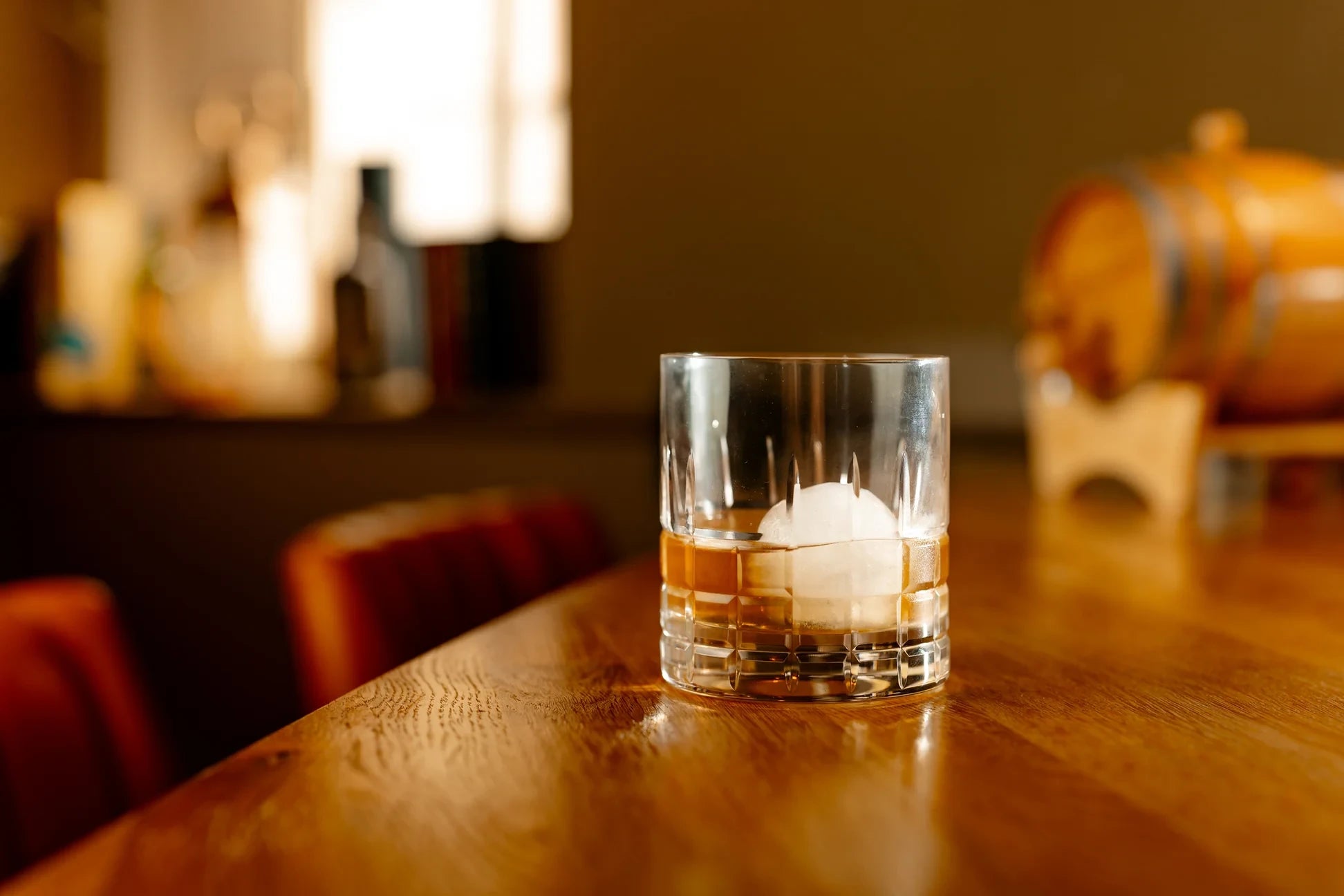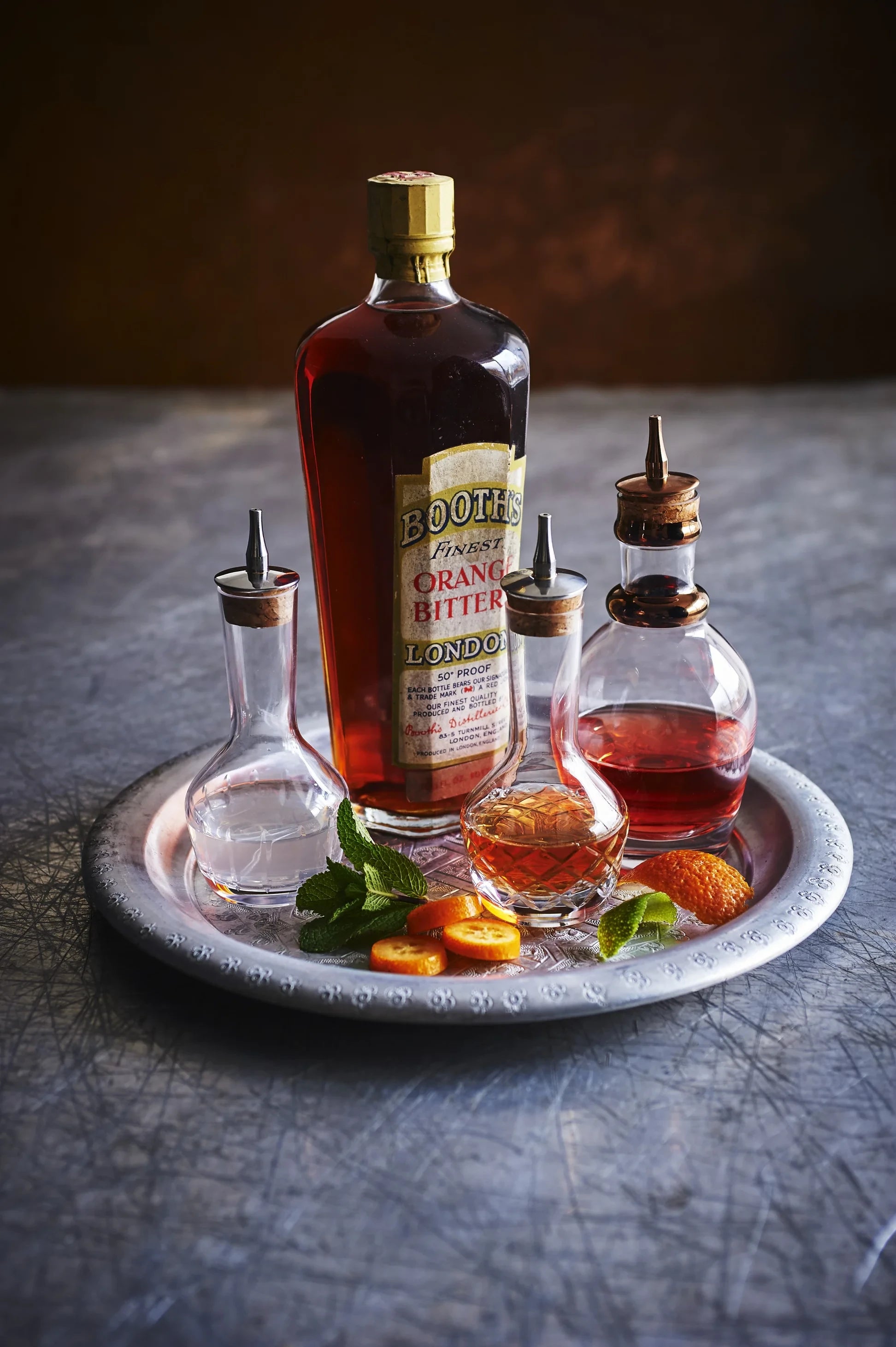Much like red wine, spirits are perfect for ageing, especially in the right conditions here at Urban Bar. We can supply you with our own oak ageing barrels, perfect for adding that special touch and turning your spirit into an experience.
What Spirits Are Suitable For Ageing?
When looking to get into the world of ageing, there is one important thing to consider to begin with; this is whether the spirit is column or pot distilled.
When spirits are distilled in columns, they often result in higher alcohol content. Whilst this can be great in many circumstances, this means that the spirit has a lesser amount of congeners within it.
Some examples of congeners include Methanol, which is often found in darker spirits, Furfuryl, which prevents yeast metabolising, Tannins found in wine, Fusel Oil, a standard product of distillation finally Acetaldehyde which is a substance created by the breaking down of ethanol.
A lack of these congeners can prevent the spirit from benefiting fully from the barrel ageing process; this is because congeners absorb the flavours present around it.
Therefore, for the true ageing experience, you are likely to want to stick to spirits akin to scotch (preferably single malt), brandy, cognac, and other pot-distilled dark spirits
How Does The Ageing Process Actually Work?
At a base level, the ageing process involves taking your spirit, placing it within a wooden cask barrel, and tasting periodically until it reaches a taste you like… But you’ve come to expect more than that from us!
When filling your cask barrel with a spirit, there are two main things that you will be imparting upon it; these are (often) Vanillin and Tannins which, ultimately, affect and change the flavour and tones of the spirit. Tannins are most often present when ageing spirits within barrels that have previously aged wine. Another characteristic of these barrels is that the inside is often charred, allowing spirits to take on smoky flavours.
Our barrels are all made of American white oak, with a medium char on the inside, aiming to allow your spirits to not only take on those smoky notes but also embody it with flavours of vanilla and caramel.
Then comes the tasting process; if you’re going the distance to perfect your spirits, you need to perfect it to your pallet. We recommend testing your spirits bit by bit weekly. Not much is going to change overnight, you’re in this for the long haul, but all of the patience will be worth it.
When you are happy with your spirit and decide to start using it, decant it into a glass bottle to stop the process and keep it exactly how you like it. Be careful though, that spirit will have imparted flavours onto the inside of your barrel, so be sure to take that into account for next time if you decide not to clean the barrel.
How Can I Utilise My Aged Spirits?
Any way you like is the answer! Perhaps you’ve aged that whiskey so you can sit in the armchair and wind down with a book? Or maybe you’ve tasted it and think those undertones are gonna go great in your next cocktail mix?
Whatever you decide, we guarantee you’ll enjoy the new flavour and introduce yourself to a new world of fine drinking.
Feel like getting into the ageing world? We’ve got you covered! In addition to this piece, we have ‘barrels’ of information ready and waiting for you.
Image: Jake Hukee / Shutterstock.com
-
 By Alex Pickering on
By Alex Pickering onNeat, Up, Straight Up, or Straight? How to Serve Your Drinks
There’s no denying that the world of mixology is full of jargon. If there’s one thing we mixologists know (aside from how to mix a perfect drink, of course), it’s...
-
 By Alex Pickering on
By Alex Pickering onWhat Are Cocktail Bitters and How Should You Use Them?
Bitters are one the lesser known sides to mixology, but an ingredient that’s essential to achieving many of the greatest drinks of all time.
-
 By Alex Pickering on
By Alex Pickering onAre 'Ready to Drink Cocktails' The Next Big Thing?
When you’re mixing yourself a drink at home, you don’t always want a simple G&T or Whiskey on the rocks; But, mustering up the motivation to create a full-on cocktail...





